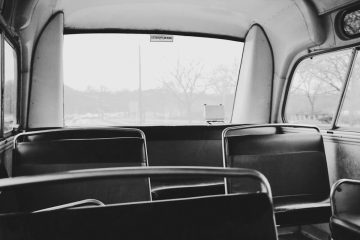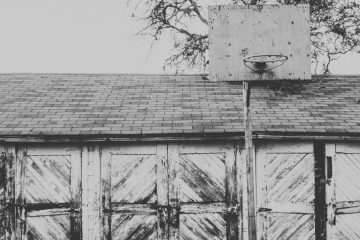What Went Down On December 16th?
December 16, 1773 was a day America will never forget as a group of colonists in Boston staged a daring act of defiance against British taxation. This courageous act sparked a chain of events that would eventually lead to the American Revolution. Known as the Boston Tea Party, this memorable event exemplified the colonists’ growing discontent with British rule and their determination to assert their rights and liberties.
By the 1770s, the American colonies found themselves increasingly at odds with British policies, particularly regarding taxation without representation. The Stamp Act and the Townshend Acts had already heightened tensions between the colonies and the British Crown. In an attempt to salvage the financially troubled East India Company, the British government passed the Tea Act of 1773, granting the company a monopoly on tea sales in the American colonies and allowing them to sell surplus tea directly to the colonies at a reduced tax.
Colonists viewed the Tea Act as yet another imposition on their rights, as it maintained the principle of taxation without representation. The reduction in the tax did not assuage their concerns; rather, it was seen as a strategic move to undercut colonial merchants and create a precedent for future taxation. In protest, the colonists refused to allow the East India Company tea to be unloaded and sold in their ports.
On the evening of December 16, 1773, a group of colonists, many of them members of the Sons of Liberty, donned disguises to conceal their identities and boarded three British ships—the Dartmouth, the Eleanor, and the Beaver—anchored in Boston Harbor. Under the cover of darkness, they proceeded to dump 342 chests of tea into the harbor, an act of protest that would come to be known as the Boston Tea Party.
In response to the Boston Tea Party, the British government enacted the Coercive Acts, also known as the Intolerable Acts, as a means of punishing the colony of Massachusetts. These acts further fueled colonial resentment and became a catalyst for the convening of the First Continental Congress in 1774, where representatives from the colonies gathered to address their grievances and discuss a united response to British oppression.
Did You Know?
The three ships that the Sons of Liberty snuck onto were actually built and owned by Americans, not the British.
Also, the $2 million of spilled tea did not belong to King George III but was owned by the East India Company, which actually obtained most of its tea from China, not India.
Have any questions, comments, or concerns. Let’s talk below!





